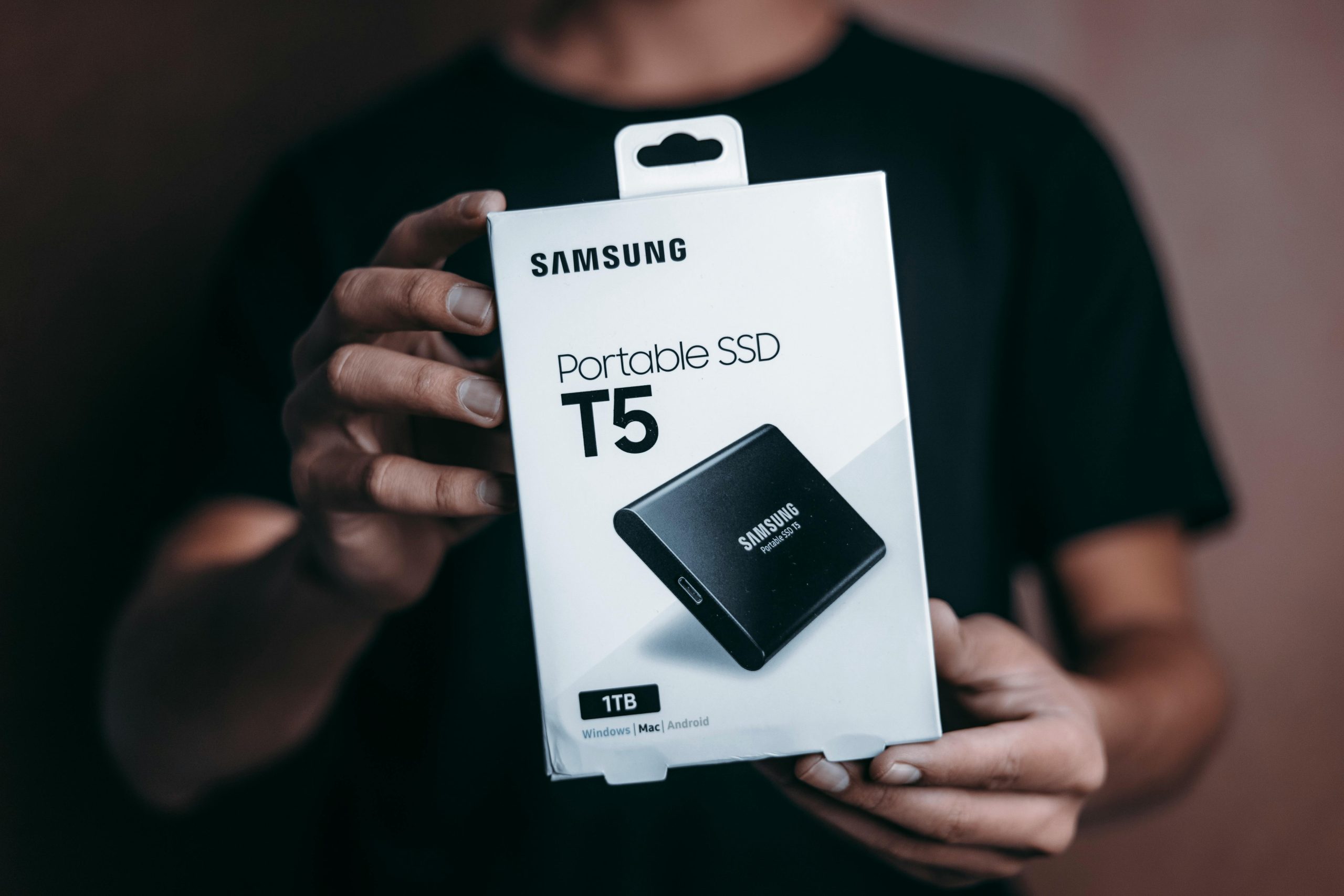Understanding Data Discrepancies on External SSDs: A Cautionary Tale
Recently, I made the transition to a new PC and decided to invest in a 4 TB external SSD, opting for a more convenient storage solution for my files. My previous system relied on an internal HDD, but I found that moving to an external SSD would simplify future upgrades and potentially lead to a later switch to a Network Attached Storage (NAS) system.
I purchased the Crucial X9 Pro 4TB Portable SSD, which has garnered excellent reviews online, particularly on Amazon. To manage the data transfer, I utilized a utility called RichCopy, developed by Ken Tamaru at Microsoft. Although discontinued, it remains a powerful file copying tool, capable of handling large batches of data efficiently.
Upon completing the transfer of 1.48 TB of files, I was taken aback to discover that the SSD had recorded a usage of 2.96 TB. This raised several questions about how that much space was consumed. Each folder seemed to match in size when I reviewed them individually, apart from a couple of minor discrepancies where a few files appeared either on the source or the destination.
Here are my preliminary theories regarding this unusual situation:
- There may be some residual or phantom data that hasn’t been adequately cleared from the SSD, necessitating a clean-up.
- The differences in the file systems—NTFS for the internal HDD versus exFAT for the SSD—might be causing unexpected behavior.
- The SSD could potentially be defective.
To clarify the situation, I ran a size check in the folder settings, which piqued my curiosity when I saw a notable difference between the “Actual Size” and the “Size on Disk.” This discrepancy led me to explore further using a tool called TreeSize, only to find an alarming contrast between the actual data size and the allocated space on the drive.
After conducting some research, I discovered that the variances in formatting between exFAT and NTFS could be influencing my data usage metrics. The allocation unit sizes for each file system—4,096 bytes for NTFS and a much larger 1,024 KB for exFAT—seem to be a significant factor.
Given these insights, I’m considering reformatting the SSD to an NTFS file system with a 4,096-byte allocation size to see if this resolves the issue.
If anyone has encountered a similar issue or has insights into
Share this content:




It looks like you are encountering common issues related to filesystem differences and allocation unit sizes, which can significantly impact how disk space usage appears. When transferring large amounts of data, especially with tools like RichCopy, the file system type (exFAT vs. NTFS) and the allocation unit size can cause discrepancies between the ‘actual size’ and ‘size on disk’.
To address this, consider the following options:
Before reformatting, always back up your data to prevent accidental loss. Reformatting the SSD with the proper settings should help you get a more accurate representation of used space and improve